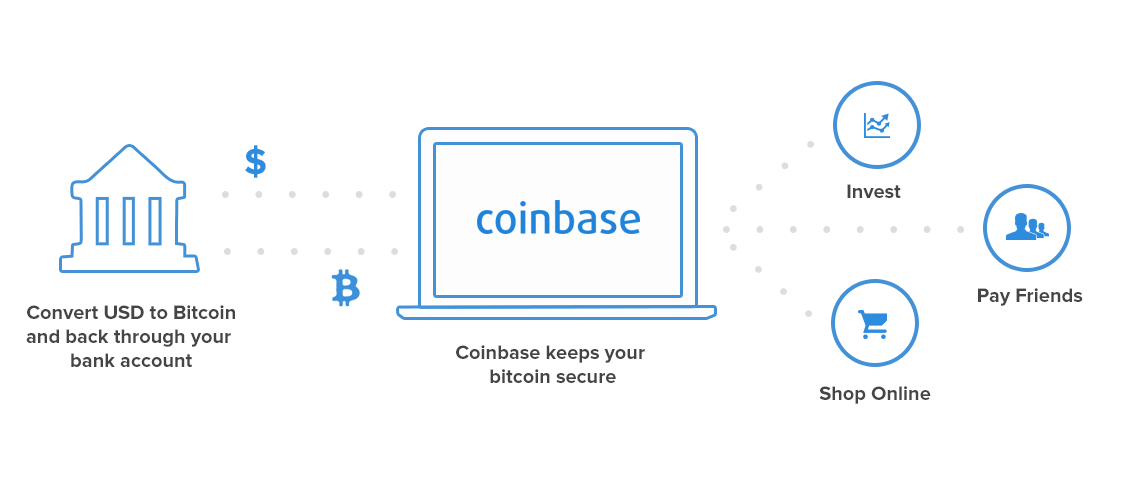

Be Aware of the Risk in Buying & Selling Bitcoins
- Bitcoin ATMs are available in some cities. Here are some of the cities that have bitcoin ATMs: Boston, Helsinki, Tijuana, Quebec City, Austin, and Vancouver.
- If you live in a city that has neither bitcoin ATMs nor local traders, then you will need to use an exchange. You can choose from an online company exchange (e.g. Coinbase), a one-to-one virtual exchange (e.g. eBay, yes that eBay), or a one-to-many virtual exchange (e.g. Bitstamp).
2. How Fast Do You Need Money?
Dealing with somebody face-to-face may provide you comfort in knowing with whom you are dealing, it may also take time to coordinate a meeting. If you need to trade bitcoins right away (e.g., credit card payment deadline), then you may be better off using a company exchange.
For the U.S., Coinbase provides the most instant and secure access to your bitcoins. By verifying your identity and linking your U.S. bank account to your Coinbase account, you can buy or sell up to 50 BTC instantly. This is not chump change: the market price as of mid is about $20,!
If you are willing to wait a couple of days for your transaction to go through, then you can go shop around on one-to-one virtual exchanges and one-to-many virtual exchanges to find the best price.
3. Your Risk Tolerance
Although we mentioned a handful of bitcoin exchanges, there are many places to trade bitcoins around the world. If you live in the U.S., you have more than 30 exchanges to choose from.
You should understand that when sending to an exchange, you trust the site operator is honest and will complete your transaction.
No government or financial institution regulates bitcoin exchanges. You hold all of the transaction risk, and if an exchange wrongs you, you have only your local courts to fall back on for legal recourse.
If you are very risk averse, you shouldn't put all of your eggs in one basket no matter how attractive the exchange rate may be.
Here are five criteria to consider when evaluating how secure a bitcoin exchange is:
- What percentage of customer funds are stored and backed up offline?
- Does the exchange do paper backups?
- How is the exchange data made redundant and encrypted?
- Does the exchange provide two-factor authentication on customer accounts?
- Does traffic run entirely over encrypted SSL (e.g., https)?
The more risk averse you are, the more detailed your answers to these questions should be.
-
-